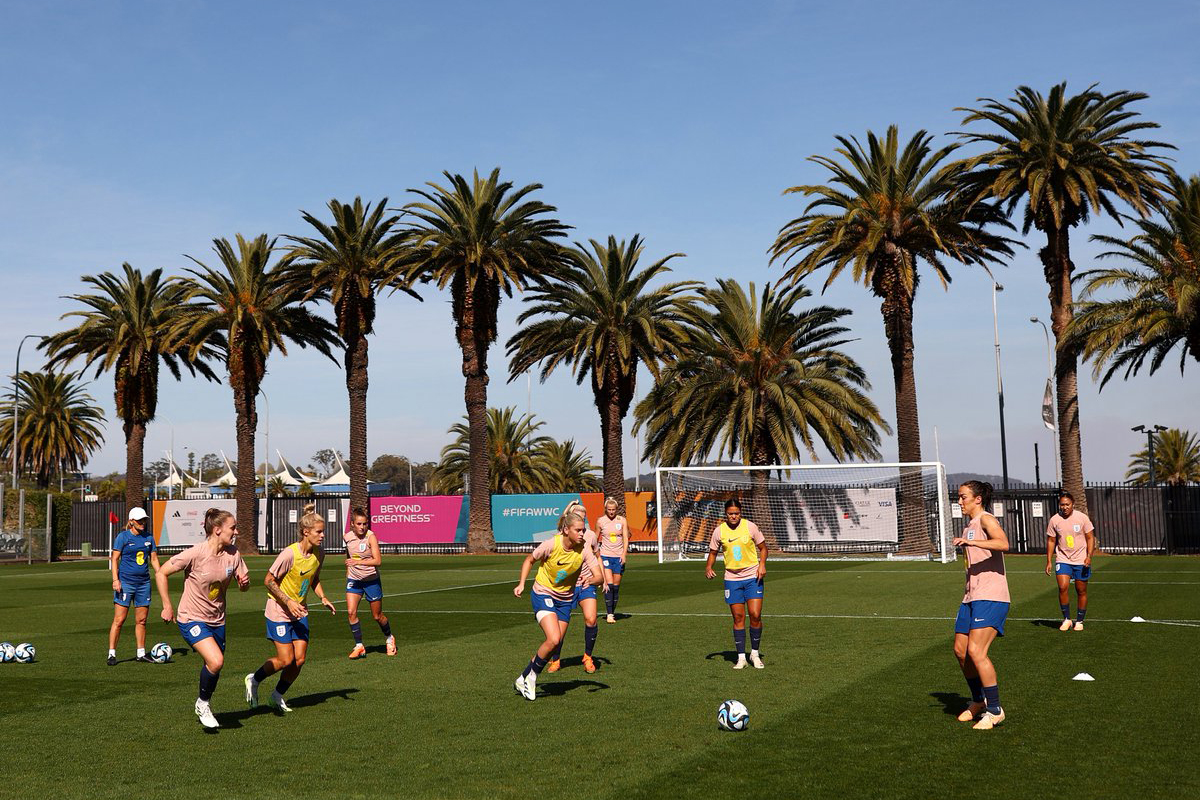At the recent NSCAA convention in Los Angeles, top college coaches discussed the recruiting process and college soccer.
This is the last installment, part 5, in our series.
- You can see Part 1, with the coaches’ introductions and bios here.
- Part 2, where the coaches discussed finding the right fit, can be seen here.
- In part 3, found here, coaches explained a players’ need for individual development and fitness.
- Coaches discussed the recent trend of college athletes’ transfers in Part 4, here.
At the end of the coaches’ panel, Becky Burleigh, head women’s soccer coach at the University of Florida, opened up the room for Q&A. Audience members were given the opportunity to ask questions of the highly accomplished panel of college soccer coaches. A question was asked of the panel: “Aside from spending hundreds or even thousands of dollars traveling to attend ID camps, how can talented players from smaller clubs or not-as-accomplished teams get noticed?”
VIDEO VIDEO VIDEO!
Check that: GOOD video GOOD video GOOD video!
All of the coaches agreed having a great eye-catching highlight video online is key. A great highlight video, with an amazing clip at the very beginning, can open the door to communication with a college coach who gets hundreds of emails a week from potential recruits. (Personal note from the author: I can confirm this without a doubt. My son’s highlight video with a great play right at the beginning opened up lines of communication with coaches who had passed him by for years, and even got multiple coaches across the country to pay for official visits to bring him to their campuses. You can see his highlight video here. He described walking into the team room during one of those visits, and the guys on the team were watching that video on the big screen when he walked in.)
For tips and help creating a great highlight video, check out It’s A Wrap Video Production and their YouTube channel.
Frank Kohlenstein, head men’s soccer coach at the Colorado School of Mines, emphasized that NCAA DII coaches are allowed to invite PSAs (potential student athletes) to train with the team during a regular training session. Coach Kohlenstein encouraged high school athletes to ask local DII coaches for a guest training session on campus with the team.
During that training session, the recruit can interact with the team and the coaching staff and “try out” for the team. NCAA recruiting regulations allow a PSA to train with a college team starting June 15 before his/her junior year in high school and not during high school soccer season. Only one training session per recruit per college is allowed, and a recruit will have to submit a recent physical as well as other paperwork before training with the team.
Sasho Cirovski, the head men’s soccer coach at the University of Maryland, said, “Know your strengths and weaknesses and work on BOTH. Many players focus on improving his/her weaknesses, but athletes also need to focus on further improving their strengths. That will help in the recruiting process.”
Steve Allison, the Director of College Placement for Lone Star Soccer Club in Austin Texas, suggested that top players whose teams aren’t competing in the big showcases should work to become guest players on teams that ARE in the big showcases, on teams inside their own club or outside their own club.
After the discussion had ended, attendees were milling around the room, and discussion started up among club representatives about how to get their players noticed even if their teams weren’t in the Development Academy or the big tournaments like the soccerloco Surf Cup. A few club directors discussed bringing together talented local teams for a “college night” or “college day” of friendlies in the days leading up to the soccerloco Surf Cup and inviting college coaches to come watch the teams play.
These teams are full of talent, but they didn’t get accepted into the big local tournament. College coaches who were already going to be in town to watch tournament games could come see more local showcases the day before the tournament begins at a field nearby. Representatives from the highly successful LA Galaxy San Diego (previously Carlsbad United) described their success with such events which brought college exposure to their players.
Aliceann Wilber, the head women’s soccer coach at William Smith College, again reminded the audience that there is a fit for everyone in college soccer. Becky Burleigh, head women’s soccer coach at the University of Florida, agreed and was emphatic about her belief that being part of a college sports team is an amazing experience. See more about the coaches discussing “finding the right fit” here.





